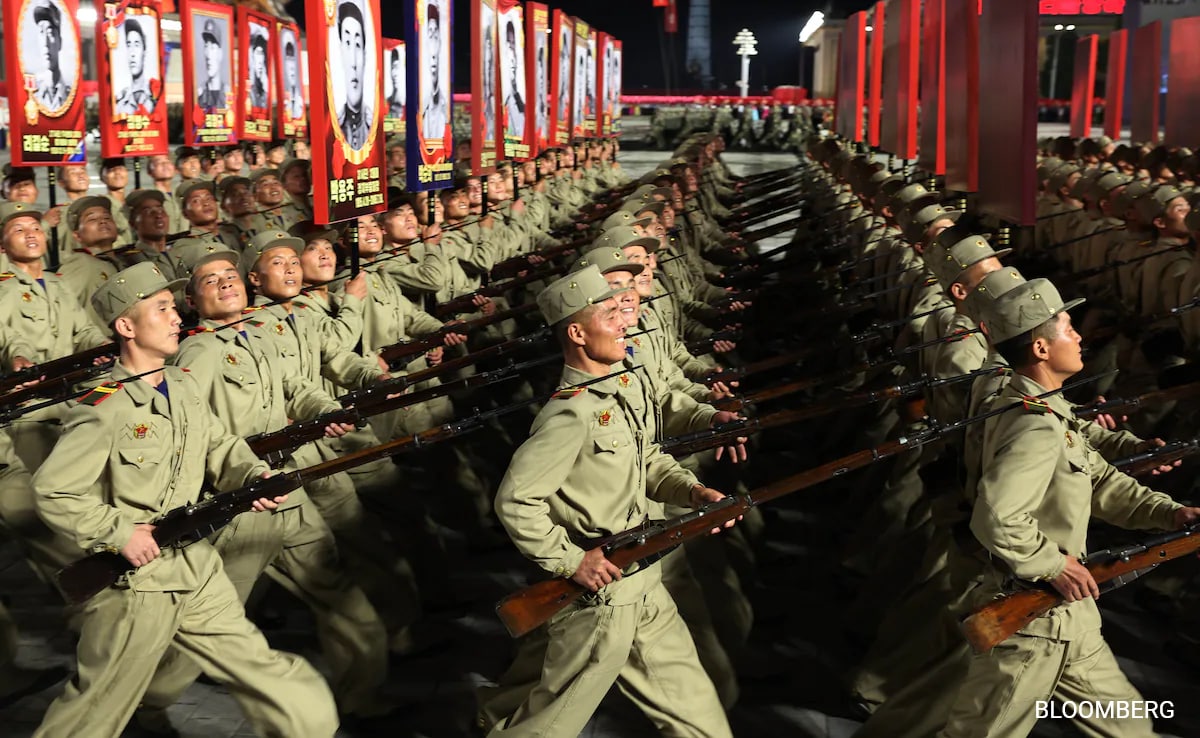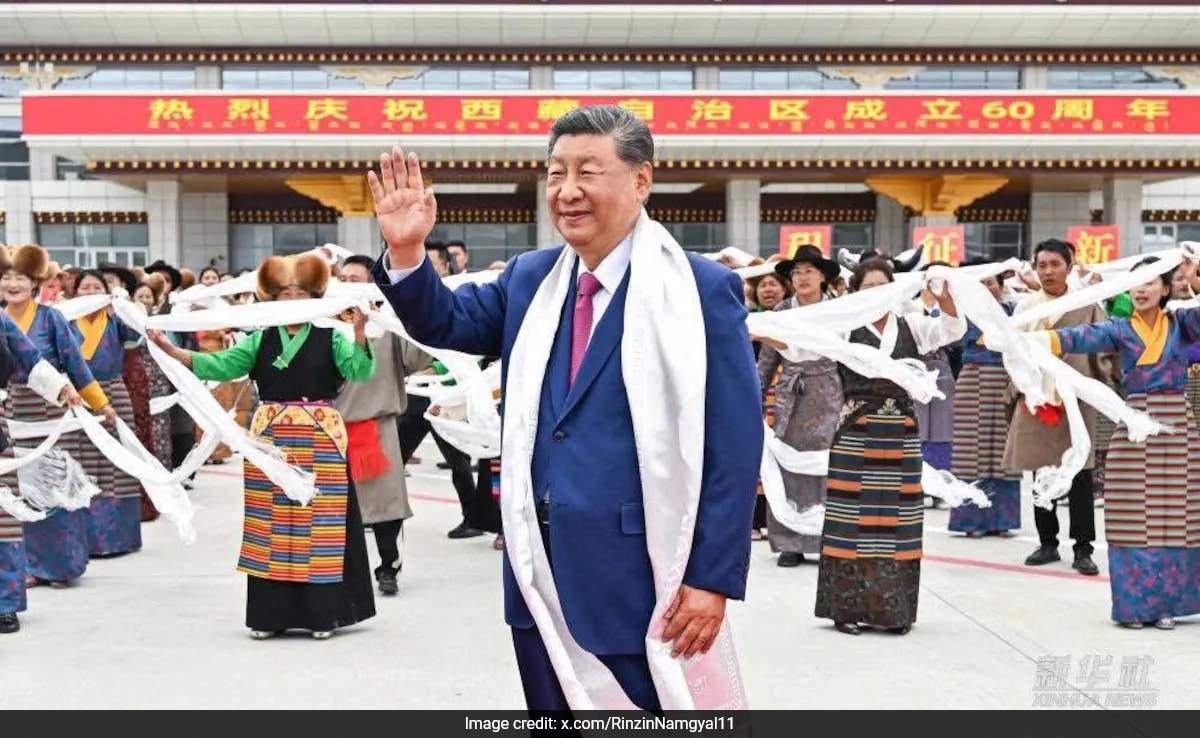Internet services were disrupted or unavailable in Khartoum and other parts of the vast northeast African country, according to phone calls with locals in Mondayâs early-morning hours. Later in the morning, calls were not going through. Local news channels reported the closing of roads and bridges connecting Khartoum with the rest of Sudan by large contingents of security forces as well as the suspension of flights at Khartoumâs airport.
Since Bashirâs ousting, the country has been governed by a hybrid civilian-military transitional council, and tensions over power-sharing have repeatedly threatened to boil over into outright confrontation. The civilian side of the government, led by former economist Abdalla Hamdok, had recently set a Nov. 17 deadline for a full transition to civilian power.
In a statement posted on the information and culture ministryâs Facebook page, Hamdok was quoted as calling on the Sudanese people to peacefully âoccupy the streets to defend their revolution.â A separate post on the same page said Hamdok had been arrested and transferred to an unknown location.
Hamdokâs political coalition, largely made up of groups that supported Bashirâs overthrowing, had gained traction with Western governments in normalizing Sudanâs diplomatic and economic relations with the rest of the world after decades under sanctions. Sudan was recently taken off the United Statesâ state sponsors of terror list and had begun engaging with Western lending institutions to clear enormous debt arrears and secure loans to stabilize the countryâs inflation-rocked economy.
Washingtonâs special envoy to the Horn of Africa region, Jeffrey Feltman, had met on Saturday with Hamdok and Sudanâs two most powerful military figures, Abdelfattah al-Burhan, the leader of the transitional sovereign council, and Mohamed Hamdan Dagalo, better known as Hemedti, a former warlord who now commands a powerful paramilitary unit called the Rapid Support Forces.
Feltman had used the meeting to warn that U.S. support for Sudan was tied to its transition toward elections and civilian rule, which military leaders have agreed to while pushing for a longer transition period.
On Monday, Feltmanâs office said in a tweet that âThe US is deeply alarmed at reports of a military takeover of the transitional government. This would contravene the Constitutional Declaration and the democratic aspirations of the Sudanese people and is utterly unacceptable. As we have said repeatedly, any changes to the transitional government by force puts at risk U.S. assistance.â
Over the past half-century, Sudan has been rocked by coups and wars, creating an intricate and shifting web of alliances and rivalries. In 2011, the country was split in two after largely non-Muslim southerners voted to secede and create the new country of South Sudan. A particularly brutal conflict in the western region of Darfur, along the border with Chad, still simmers and has displaced hundreds of thousands of people this year alone.
Read more:
.png)










 English (United States) ·
English (United States) ·  Turkish (Turkey) ·
Turkish (Turkey) ·